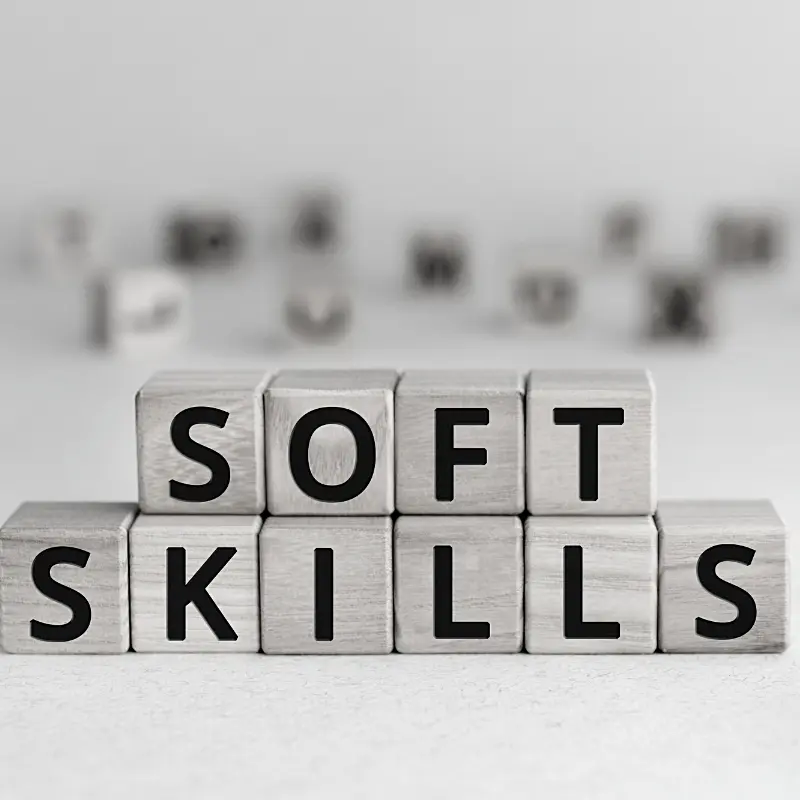New research is showing that customer loyalty might be more dependent on your employees’ 'human competencies' than you might think.
In 2011 the CEB Sales Leadership Council, published a study which aimed to measure the components of customer loyalty. The results were fairly disruptive. In The Challenger Sale: Taking Control of the Customer Conversation (1/10/2012), Matthew Dickson and Brent Adamson refers to the research conducted: “CEB had surveyed well over 5,000 individuals at members’ clients’ customer organisations — everyone from business owners and C-suite executives to end users, purchase influencers, procurement officers, and even third-party consultants— in order to determine what exactly they’re looking for in a business-to-business supplier”. They identified four categories important to customer loyalty and measured the relative impact of each category on overall loyalty. The four categories can be seen below:
Company and brand impact
Product and service delivery
Value to price ratio
Sales experience
Which of these categories would you guess impact most on customer loyalty?
Most would answer: Company and brand or Product and service delivery The truth is that these categories make up a combined 38% of customer loyalty. That is small, given the amount of attention companies pay to differentiating their products and their brands. The overwhelming impact belongs to the Sales experience category, which makes up 53% of customer loyalty. This category is largely impacted by the human interaction between the customer and representatives of the company. If your employees are focused on the client, can relate to them and ad value to their lives, chances are higher that your client will think twice before defecting to a competitor. This is a long story to highlight our point:
It is a business requirement, (obvious though it might be) that your employees get along with your customers, and each other for that matter.
Competencies such as interpersonal skills, intra-personal skills, communication skills, problem solving, taking initiative, listening and many others are the key ingredients required for relationship building and maintaining. In short it is the missing ingredient in loyalty of both employees and customers.
But can soft skills really be taught?
Contrary to the common assumption that you can’t teach an old dog new tricks, more and more research evidence suggests that the adult human brain is remarkably malleable and capable of new feats even in the last decades of life. Researchers report that new experiences can trigger major physical changes in the brain within just a few days, and that certain conditions can accelerate this physical, chemical and functional remodeling of the brain (Kavli Foundation, 2012). According to David Rock, author of “Your Brain at work”, the power is in the focus:
“We are at the beginning of a new theoretical framework for change that draws from the science of the brain. At the heart of this framework is the idea that it is attention itself that changes the brain. It’s not the carrot-and-stick approach that creates change, it’s what this approach sometimes does, which is to focus people’s attention in the right way.”
But how do you create lasting change on a teams and organisational level?
Rock explains: “There appears to be three key components to this kind of change.
First, you need to create a safe environment so that any threat response is minimized.
Second, you need to help others focus their attention in just the right ways to create just the right new connections.
Finally, to keep any new circuits alive, you have to get people coming back to pay attention to their new circuits over and again.”
In Summary
Soft-skills are a business requirement and they can be taught.
It is important that you identify the specific soft-skills important in your working environment.
You need to create an environment where desired behaviours are continuously reinforced, and where employees feel safe enough to make mistakes. This will improve the chances of them letting go of old habits.
Soft-skills enable individuals and teams to use their value generating abilities more optimally, allowing your company to better compete for market share, which in turn will have a positive impact on your business results.
Share this post
Newsletter
Get up-to-date industry news right in your inbox



